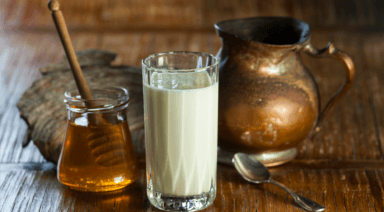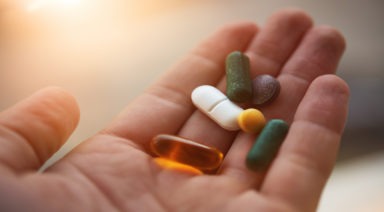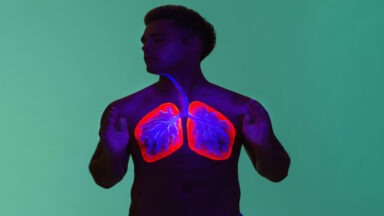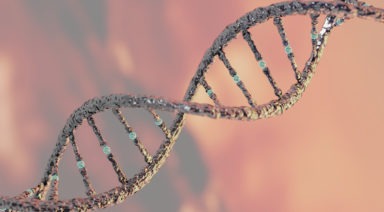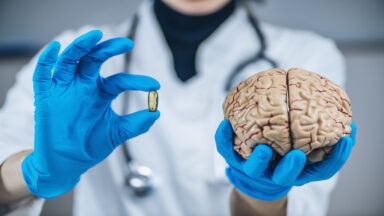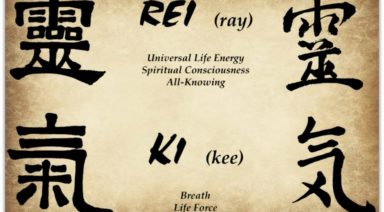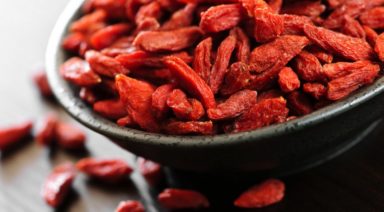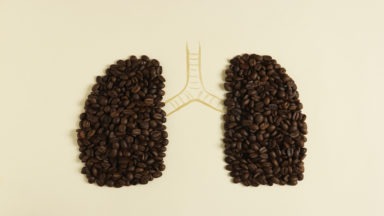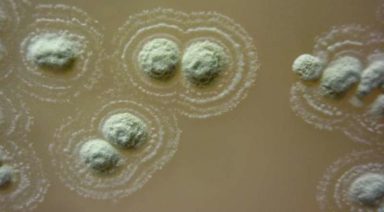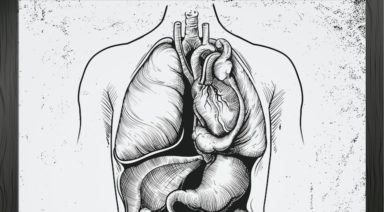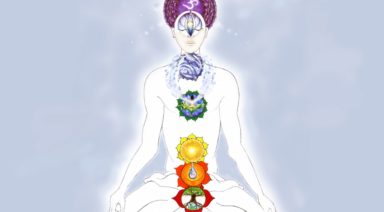7 Ways to Know You Have Too Many Toxins in Your Body
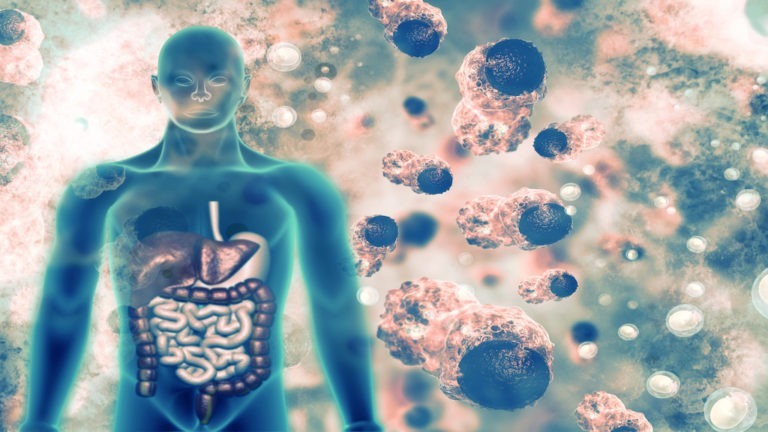
You could be following every conscious health tip in the book, from exercising every day to drinking enough water. However, is there something lacking? Do you feel like a light bulb just waiting for someone to turn the power on? Do you have mood swings, irritable bowels, low energy, or headaches? We have news for you: these little symptoms that most of us don’t pay attention to could be pointing to a traitor in your life. Namely, the toxins you don’t know you’re absorbing.
Some lesser-known places you might be ingesting or absorbing toxins:
- Toothpaste
- Skin care
- Unpurified water
- Fabric
- Non-organic produce and meats
- Cleaning products
- Deodorant
There are many, many more! Always check the label, and make your own products whenever possible to known exactly what’s going into your body!
Watch our E-motion mini-series video on toxin-free nutrition
How can you figure out if you’re being overwhelmed with toxins? There are a number of signs you can take a look at that will serve as warning flags for problem areas. Make sure you consult your doctor or your holistic health expert to be sure that other medical conditions are not the culprit, though!
1. Feeling Fatigued…All the Time
Being a little tired throughout the day is usually an indicator of usual energy expenditure, or that you aren’t getting enough sleep. But if you feel like you’re constantly slogging your way through the day, your body might be overclocked. Not only is it running the usual systems, it also might be working very hard to get rid of the toxins you’re consuming. Drinking more coffee just isn’t going to do it.
The other issue that might be below the surface is the hormone disruption taking place, thanks to the toxins. They could be creating issues in your immune system, wreaking havoc on your energy levels.
2. Weight Fluctuations
Losing weight isn’t a walk in the park to begin with, but if you’re doing all the right things, like exercising properly and correcting your diet, and still not seeing results, toxins could be at fault. It could be another result of hormonal disruption. Our natural hormone function can be greatly affected by the toxins in our foods and personal care products. Try a complete detox of your diet and personal care routine to give your weight loss efforts a fighting chance.
3. Stinky Breath
Even with proper oral hygiene (or a Tic Tac or 10), bad breath can often be a symptom of something deeper. All the way in your gut, in fact. Stinky breath can be linked to digestive problems, but it can also mean that your liver is struggling to get rid of the toxins in your body.
4. Constipation
Constipation is one constant in your life that you want to avoid. It can create upset stomach, headaches, aches, pains, and tiredness. If you’re overworking your intestines with toxins, they may not function like you’d like, backing up and storing all those toxins. By allowing them to stay in our bodies, they continue to do their dirty work, harming our systems. Put down the processed foods filled with chemicals, pesticides, and preservatives and give your digestive system a helping hand.
5. Smell-Sensitive
No, pregnancy might not be the cause. If you’re reacting strongly to scents like fragrances in particular, your body might be trying to tell you that it’s overly sensitive to chemicals. It doesn’t want to be around them anymore, seeing as how it’s loaded with toxins and just can’t handle an addition. A strong indicator that toxins are the root of the issue is if you’re frequently suffering from headaches or nausea from scents.
6. Muscle Pain
Toxins do, in fact, eat at your muscles and joints. If you haven’t pushed yourself at the gym and can’t explain away your aches and soreness, take a look at the toxins in your life. If you can’t tie these to your workout yesterday, could be that the toxins in your life are working away at your muscles and joints. This is more likely if you experience muscle aches on a regular basis.
7. Skin Reactions
Is your acne flaring up? This is a strong sign that you have a toxin overload, either in your diet or skin care products. If not acne, rashes, puffy eyes, eczema or psoriasis can be red flags, too.
Easy Solutions to Try
Did you check off one or more of these symptoms? It’s time to give your body some help. We’ve covered a few of these before, so we can bring you plenty of information and ideas:
- Consume naturally detoxing (and liver-boosting!) foods and drinks. Items like dandelion tea, parsley, cilantro, and milk thistle are all great for this purpose.
- Get your proper amount of water in your system; this will assist in flushing toxins out of your body.
- Don’t laze around; exercise at least 30 minutes a day. Exercise gets the circulation moving, helping to move toxins along, plus it primes your body and overall health.
- Consume digestion-supportive probiotics every day. We’ve discussed kombucha before, but you can also try kefir, yogurt, sauerkraut, miso soup, tempeh, and kimchi.
- Start brushing your tongue to rid your body of contaminants that normally sits there. If you can handle it, a tongue scraper is even better.
- Air moves energy in our bodies, and it moves airborne toxins, too! Start deep breathing to deport many of the toxins out through your lungs.
- Stop relying on chemical-laden skin care products. Make your own or use trusted products that are free of fragrances, sulfates, phthalates, parabens, and other potentially toxic ingredients. Get in the habit of reading that label!
Choose clean, whole, and organic foods whenever possible.
Are Digestive Enzymes Important? Can I Become Addicted To Them?

Since the global market for digestive enzyme supplements is on track to hit $1 billion by 2025, it means enzymes are all the new rage! You might be wondering, “How do enzymes work?” Or “What can enzymes do for me?” Given your possible problems with gas, bloating, or diarrhea, you might be thinking about taking enzymes every day. You may have a friend who suggested that you only take them in spurts, so that your body can adapt and rebuild itself, without becoming dependent.
You may have heard about beets, cinnamon, fenugreek tea, celery, and other fresh ideas that could help you improve your digestive tract. You might not know that your digestive tract (also called your gastrointestinal tract) is the pathway through which food enters and solid waste expels.




